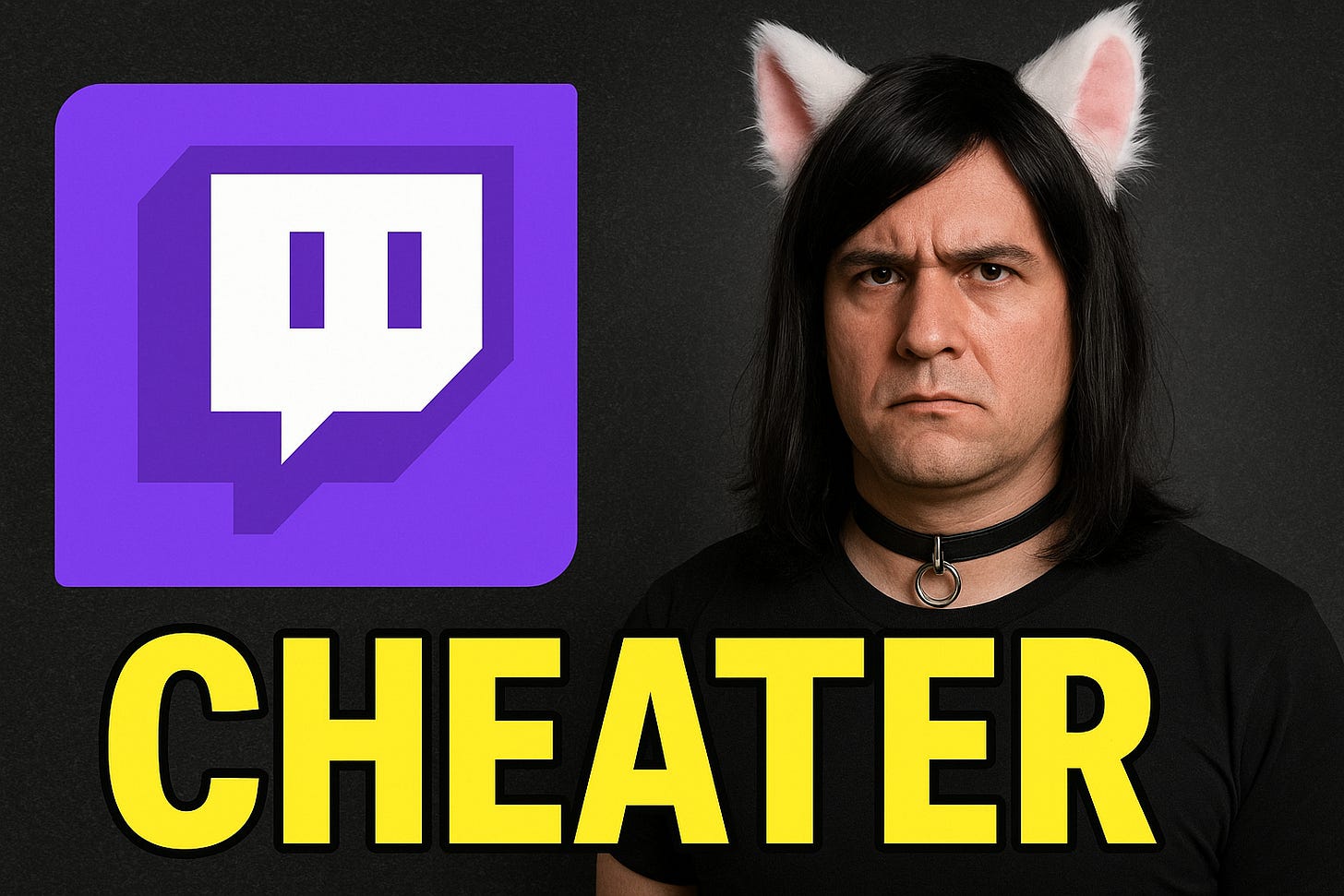Trans VTUBER Gets Exposed For Cheating and Blames It On Transphobia
The most locked-in "catgirl" you’ll ever see in Battlefield 6.”
Every so often, a gaming scandal erupts so fast, the hype smothers the news. The latest one? A viral clip of one of the players in Battlefield 6, going by Riley online, and which is renewing controversy regarding cheating, anti-cheating measures, and how the gaming world reacts to accusations of the latter.
How It Began
An outcry ensued after Riley uploaded a clip with the caption: “The most locked-in catgirl you'll ever see in Battlefield 6.” The gameplay consists of rapid, crisp flicks — except one where the crosshairs of Riley snap back instantly on a rock, where a sneaky enemy had gone into cover.
That one play had turned into the origin of the scandal. The majority are labeling it flat proof of wall hacks or aimbot, but the rest are convinced it’s just the skill of high-level mouse-and-keyboard flick aim.
Why This Clip Is Creating So Much Furore
Flick aiming: With controller, aim assist can produce the effect of recoil not even existing. On keyboard and mouse, rapid target switching can appear suspicious to the uninitiated with the skill ceiling.
The “rock lock”: Flicking on top of something with someone in the back of the enemy team is highly suspicious even for old hands.
Mass reporting: Riley got banned despite streaming with a handcam, with suspicion of either Battlefield's anti-cheat targeting them. or the excessive amount of attention generating a wave of false reporting.
https://x.com/rileycs_/status/1953932335688114596
Enter Javelin Anti-Cheat
Battlefield 6 uses the Javelin system, EA reports has already caught 330,000 cheats in beta already. Aside from secure booting requirements, Javelin has been compared to Riot's Vanguard in that it's aggressive in nature — banning tools like DS4 Windows and blocking certain cheat tools come day one.
It's EA's stronger statement: they'll disrupt honest players in the case of any possibility of eradicating cheaters. Yet, like everything, there's no perfect anti-cheat.
The Larger Cheating Issue
Here's the blunt truth:
free-to-play games (like the new BR of Battlefield) draw repeat abusers — banning is ineffective when the new account costs nothing.
False positives result — excessively zealous anti-cheaks sometimes flag innocent programs or worthy playing patterns.
Social pile-ons overshadow facts, as personal criticism outweighs facts review.
Where I Stand
I don’t care whether the player you’re accusing is a “catgirl,” a celebrity, or my grandma — if you’re cheating, it’s wrong, period. Cheating spoils experiences, kills competitive integrity, and in some games, it’s already pointless because of built-in mechanics like heavy aim assist.
The Riley clip?
The objective flashes alone are not proof.
"Rock lock" incident requires greater technical analysis by experts.
If they are guilty, EA needs to accept responsibility and explain why the ban happened.
Why It Matters Beyond Riley
This is not merely a Battlefield 6 scandal. It is a test for EA’s anti-cheating software and an illustration in the speed-distracting force of online debate. If the success of Javelin encourages other publishers to follow suit, perhaps — but if aggressive does not necessarily equal accurate, the likes of this debate will still be rehashed.
Question for you: Was the "rock lock" clip the result of genuine expertise or blatant cheating? And can you imagine that Battlefield's anti-cheat can actually keep its soon-to-be free-to-play BR spotless?


